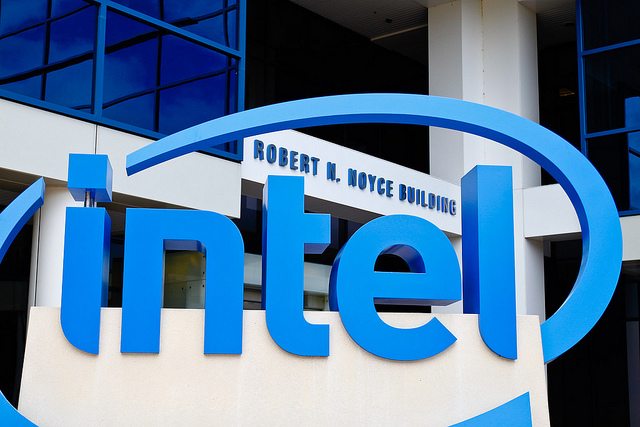As the massive growth of information technology services places increasing demand on the datacenter, Intel Corporation outlined its strategy to re-architect the underlying infrastructure, allowing companies and end-users to benefit from an increasingly services-oriented, mobile world.
The company also announced additional details about its next-generation Intel Atom processor C2000 product family (codenamed “Avoton” and “Rangeley”), as well as outlined its roadmap of next-generation 14nm products for 2014 and beyond. This robust pipeline of current and future products and technologies will allow Intel to expand into new segments of the datacenter that look to transition from proprietary designs to more open, standards-based compute models.
“Datacenters are entering a new era of rapid service delivery,” said Naveed Siraj, Country Manager at Intel Pakistan. “Across network, storage and servers we continue to see significant opportunities for growth. In many cases, it requires a new approach to deliver the scale and efficiency required, and today we are unveiling the near and long-term actions to enable this transformation.”
Roadmap for Expansion
The future products include the next generation of Intel Xeon processors E3 family (codenamed “Broadwell”) built for processor and graphic-centric workloads such as online gaming and media transcoding. It also includes the next generation of Intel Atom processor SoCs (codenamed “Denverton”) that will enable even higher density deployments for datacenter operators. Intel also disclosed an addition to its future roadmap – a new SoC designed from the ground up for the datacenter based on Intel’s next-generation Broadwell microarchitecture that follows today’s industry leading Haswell microarchitecture. This SoC will offer higher levels of performance in high density, extreme energy efficient systems that datacenter operators will expect in this increasingly services-oriented, mobile world.





